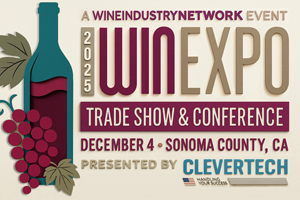512 South Mangum Street, Suite 100, Durham, NC, United States of America, 27701
Feeds

Loading feeds please wait a moment
About
Avalara for Beverage Alcohol
Simplifying regulatory compliance for suppliers, distributors, and retailers in the beverage alcohol industry
We combine software and service to manage the complexities of compliance.
Avalara for Beverage Alcohol automatically calculates tax rates using the latest tax information, while working seamlessly with other Avalara products and beverage alcohol industry tools. We also obtain and renew licenses, register products at federal and state levels, and generate shipment reports and tax returns on your behalf.
Avalara AvaTax for Beverage Alcohol
Beverage alcohol industry regulations and tax rules exist at the federal, state, county, and city levels — with little or no consistency between jurisdictions. AvaTax for Beverage Alcohol helps reduce non-compliance and audit risk exposure.
Avalara Licensing for Beverage Alcohol
Failure to properly register and maintain state beverage alcohol licenses can result in revocation of licensure in the state, and potentially at the federal level. Licensing for Beverage Alcohol tracks registration with the Federal Alcohol and Tobacco Tax and Trade Bureau (TTB), state departments of revenue (DORs), and Alcohol Beverage Control departments (ABCs).
Avalara Product Registration for Beverage Alcohol
Secure the right permits in the right places and make sure every label is properly registered at the federal and state levels. With Product Registration for Beverage Alcohol, we’ll take care of the heavy lifting, so you can stay on top of this ongoing task.
Avalara Returns for Beverage Alcohol
Failure to comply with reporting requirements and tax remittance can put business licensure in jeopardy. With Returns for Beverage Alcohol we manage your end-to-end returns process for you, ensuring compliance while reducing manual effort.
Contact
Contact List
| Title | Name | Phone | Extension | |
|---|---|---|---|---|
| No contacts found | ||||
Location List
| Locations | Address | State | Country | Zip Code |
|---|---|---|---|---|
| Avalara | 512 South Mangum Street, Suite 100, Durham | NC | United States of America | 27701 |



